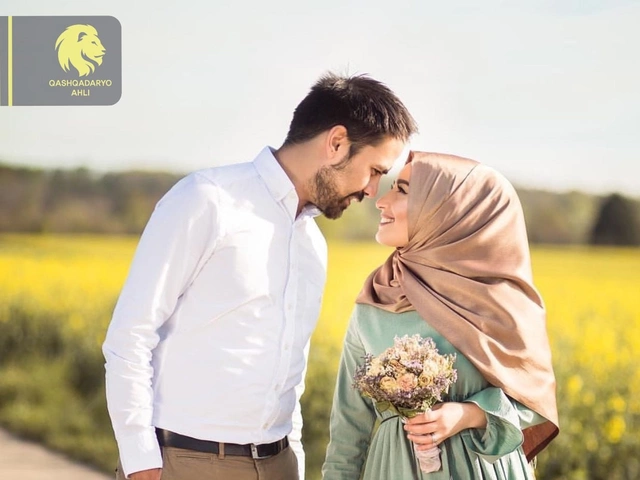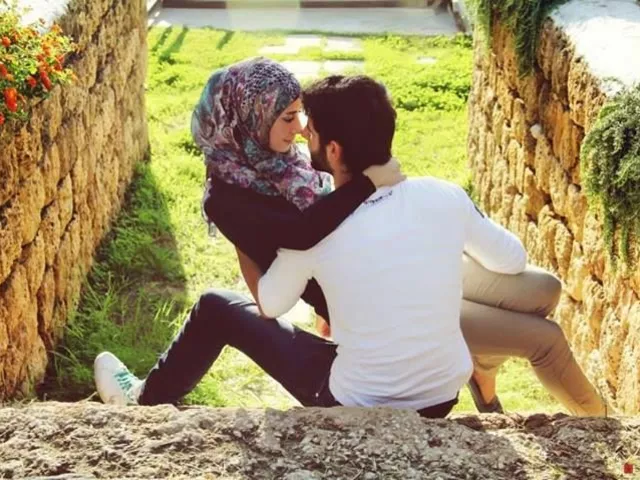Understanding Cultural Differences
It's essential to first understand that attraction, like many aspects of human behavior, is deeply personal and can vary greatly across different cultures, including within the Muslim community. There's a prevalent misconception that Muslim men are not attracted to non-Muslim women, particularly those from the west. This stereotype emerges from cultural differences rather than religious beliefs. Muslim cultures differ significantly from Western cultures in terms of customs, traditions, and perceptions of relationships. These differences don't necessarily denote a lack of attraction; rather, they highlight the diverse ways in which attraction is expressed and experienced.
Religion and Personal Beliefs
Islam, like any other religion, provides a moral and ethical framework for its followers. The teachings of Islam may influence a Muslim man's perceptions of attractiveness. For instance, modesty is a quality highly valued in Islam, which might influence what a Muslim man finds attractive. However, it's essential to remember that personal beliefs and interpretations of religious teachings can vary greatly among individuals. Therefore, a Muslim man's attraction to a non-Muslim woman could depend on his personal interpretation of Islam's teachings.
The Influence of Western Media
Western media has a significant influence on people around the world, including Muslim men. The portrayal of western women in media can shape perceptions and potentially create an attraction. This attraction, however, is not just based on physical appearance but also on qualities such as independence, confidence, and self-expression that are often associated with western women. It's important to note that these qualities are not exclusive to western women and can be found in women of all cultures and backgrounds.
Interfaith Relationships
Interfaith relationships, including those between Muslim men and non-Muslim women, are becoming increasingly common in today's multicultural societies. These relationships are proof that attraction transcends religious boundaries. Many Muslim men are attracted to and have successful relationships with non-Muslim women. However, interfaith relationships can present challenges due to differences in religious beliefs and practices, which need to be navigated with understanding and respect.
The Role of Personal Experience
Personal experiences play a significant role in determining who we are attracted to. Muslim men who have lived or studied in the west, interacted with western women, or have been exposed to western culture through friends or family may be more likely to be attracted to western women. Personal experiences shape our perceptions and can change preconceived notions about attractiveness.
Respect for Diversity
It's important to respect the diversity of attraction and understand that it can't be generalized for any group, including Muslim men. Attraction is a complex interplay of physical, emotional, intellectual, and cultural factors. While some Muslim men may be attracted to western women, others may not, and that's perfectly okay. The key is to respect individual preferences and choices.
Conclusion: Breaking Stereotypes
In conclusion, the notion that Muslim men are not attracted to non-Muslim women from the west is a stereotype that doesn't necessarily reflect reality. Attraction is a personal matter that can vary greatly among individuals. Cultural and religious beliefs, personal experiences, and the influence of media can all play a role in shaping this attraction. It's crucial to challenge stereotypes, foster understanding, and respect individual preferences when discussing topics like attraction.






